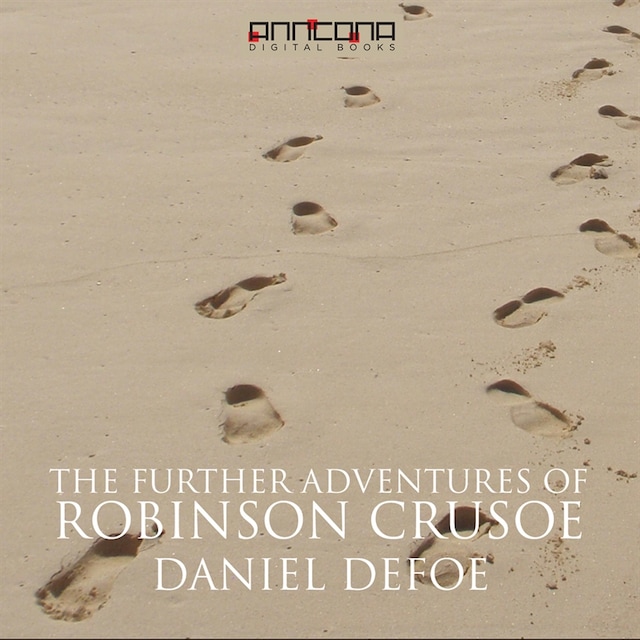
The Further Adventures of Robinson Crusoe
Tietoa kirjasta
The Farther Adventures of Robinson Crusoe (now more commonly rendered as "The Further adventures of Robinson Crusoe") is a novel by Daniel Defoe, first published in 1719.
After the death of his wife, Robinson Crusoe is overcome by the old wanderlust, and sets out with his faithful companion Friday to see his island once again. Thus begins a journey which will last ten years and nine months, in which Crusoe travels over the world, along the way facing dangers and discoveries in Madagascar, China, and Siberia.
Defoe's previous novel, Robinson Crusoe (also published in 1719) tells of a man's shipwreck on a deserted island and his subsequent adventures. The author based part of his narrative on the story of the Scottish castaway Alexander Selkirk, who spent four years stranded in the Juan Fernández Islands.
It was published under the considerably longer original title: The Farther Adventures of Robinson Crusoe; Being the Second and Last Part of His Life, And of the Strange Surprising Accounts of his Travels Round three Parts of the Globe.
Although intended to be the last Crusoe tale, the novel is followed by a third and final novel involving the character by Defoe entitled Serious Reflections of Robinson Crusoe (1720).
Daniel Defoe (c. 1660-1731), was an English trader, writer, journalist and spy, now most famous for his novel Robinson Crusoe. Defoe is notable for being one of the earliest proponents of the novel, as he helped to popularize the form in Britain, and, along with others such as Samuel Richardson, is among the founders of the English novel. A prolific and versatile writer, he wrote more than 500 books, pamphlets and journals on various topics (including politics, crime, religion, marriage, psychology and the supernatural).



